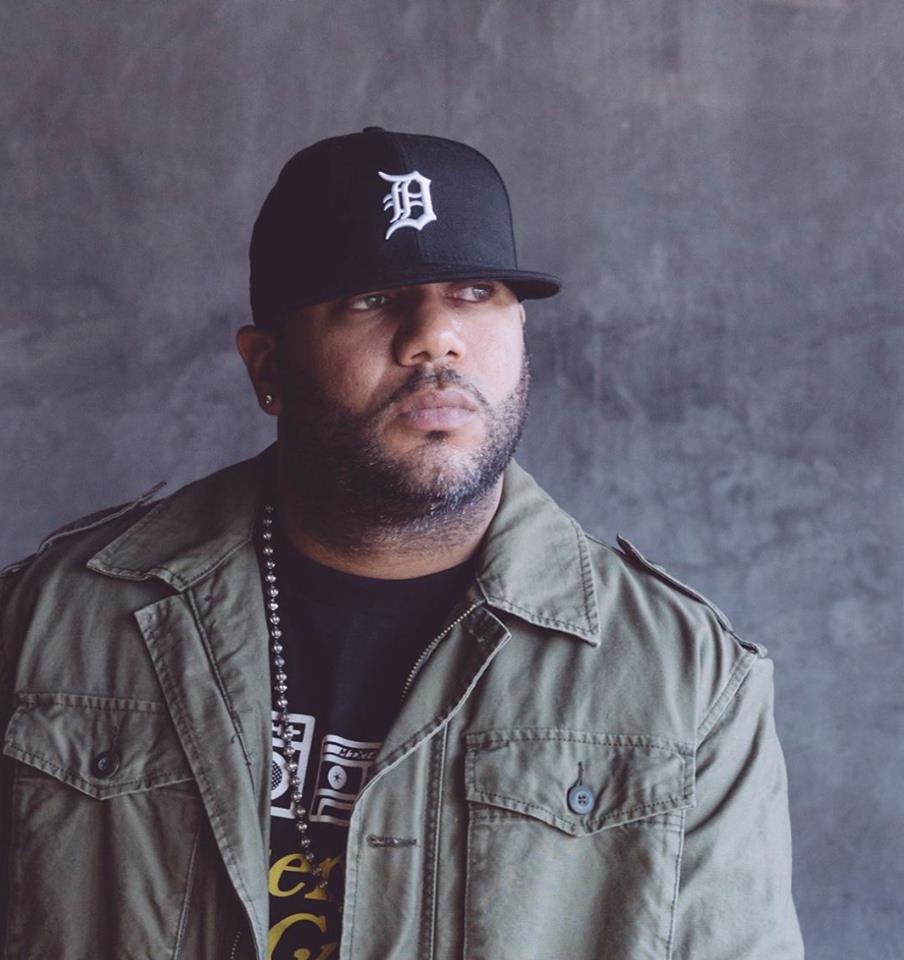Before a friend of mine told me about „Real Detroit“, I already had different pictures of this industry metropolis of Michigan in my mind. One of these is the famous Hollywood adaptation of “8 Mile” starring Marshall Mathers, better known as Eminem. It was back in the days, when we, children of 91, we’re lucky to watch this piece of music history. This story about one of the most famous white rappers of all times triggered quite some emotions.
To get an overview of this city and their personalities and capture it into something readable, let’s grab some good, calm, golden Hip-Hop to vibe while reading on:
What do you associate with Detroit? What makes this city a cultural hub, lying directly at the Canadian border? In the 1970s, the so called Motor Town was home to Rock Music icons like Alice Cooper and Kiss, making their first sellout shows in the Cobo Hall (prev. Cobo Center), until some rich folks considered to build a bigger place like the “Palace of Auburn Hills” in 1988, the largest modern basketball arena within the NBA up to date.
Detroit was considered as one of the starting spots of economic boom for the average American by providing an intersection of a variety of highways for the logistics of automobile industry. The first automotive status symbol and timeless classic to originate from Detroit was the Chevrolet Bel Air, the predecessor of The Game’s favorite Lowrider model, the Chevrolet Impala.
There are another two factors catching the eye that distinctively characterize Detroit: First off, it undoubtedly is a stronghold of Afro-American culture, which found its culmination in the establishment of the Motown record label (prev. Tamla Record Company) in the early 60ies. It became the destination for some of the most talented R&B and Soul musicians of the modern era including Diana Ross, Stevie Wonder and Marvin Gaye, known and respected for the timeless and almost trashy Motown sound. It was a spark of hope and a way of cultural exchange in times of racial segregation in the United States. Its CEO and major influencer Berry Gordy is regarded as a visionary and founder of the Classic era and a music style of its own, characterized by a systematically maximized amount of Soul vibe which serves as an inspiration for a variety of contemporary works, used for sampling in Hip-Hop for instance. Recently, that Soul vibe is brought to life by the British music luminary Mark Ronson, much to the delight of Soul and Funk music fans.
On the other hand, Detroit is a vivid example for racial segregation, similar to South African demographics in cities with town ships like Johannesburg. A predominant majority of Detroit citizens, 4 in 5, is of African-American descent. In that context, a term often mentioned is “8 Mile Road”, which other than the movie title has a broader meaning. The road is a bold psychological divide between poorer, mostly African-American population and wealthier upper class folks.
While life within central areas of the city, such as downtown Detroit, covered with state infrastructure like police stations, fire departments, hospitals and schools, is significantly calmer and have visible signs of economic activity, poorer districts count themselves among the most dangerous within the country. Their notoriety is characterized by record numbers of crimes including gang violence, robberies, drug trafficking and murder. The Detroit police and fire department is kept especially busy on October 31, where a cultural phenomenon named “Devils Night” is taking place. What started off as a relatively harmless “Trick or Treat” practiced by teenagers with rotten vegetables and toilet paper has evolved over the years and became a date of infernal vandalism waves, counting over 800 reported cases of arson attacks in 1994. Detroit is a polarizing city. As says Danny Brown:
https://www.youtube.com/watch?v=ANDGYLZ4ii0
Apollo Brown is one among many children of this city of extremes. Although the sound we have here is not extreme at all. I’d rather describe it as very calm, organic and down to earth. When you listen to his productions without having the picture of Detroit in mind, one doesn’t get an insight into how it was made. It’s a bit misleading in my opinion. But it’s a refreshing relief from standard boom-bap and more powerful, crazy stuff like we know from a frequent collaboration partner of Brown, Pharoahe Monch:
After an excessive marathon in MassAppeal with lots of crazy beats at „Rhythm Roulette“, let’s get into the production. I was actually really surprised that Mac Miller has a producer alias and kind of makes sick beats, you should definitely check out the episode of MassAppeal with him, it is street shit though, yet or exactly because of that appears to be very unique. Back to Apollo Brown – how does this man work, who sticks out of Detroit’s hordes of Hip-Hop producers and is called the next J-Dilla (R.I.P.)? Let’s have a sneak peek into how this man works:

Leave a Reply